Dare to Discover
Discover the rich biodiversity of the Laurel River Watershed by signing up for exclusive updates delivered straight to your inbox!
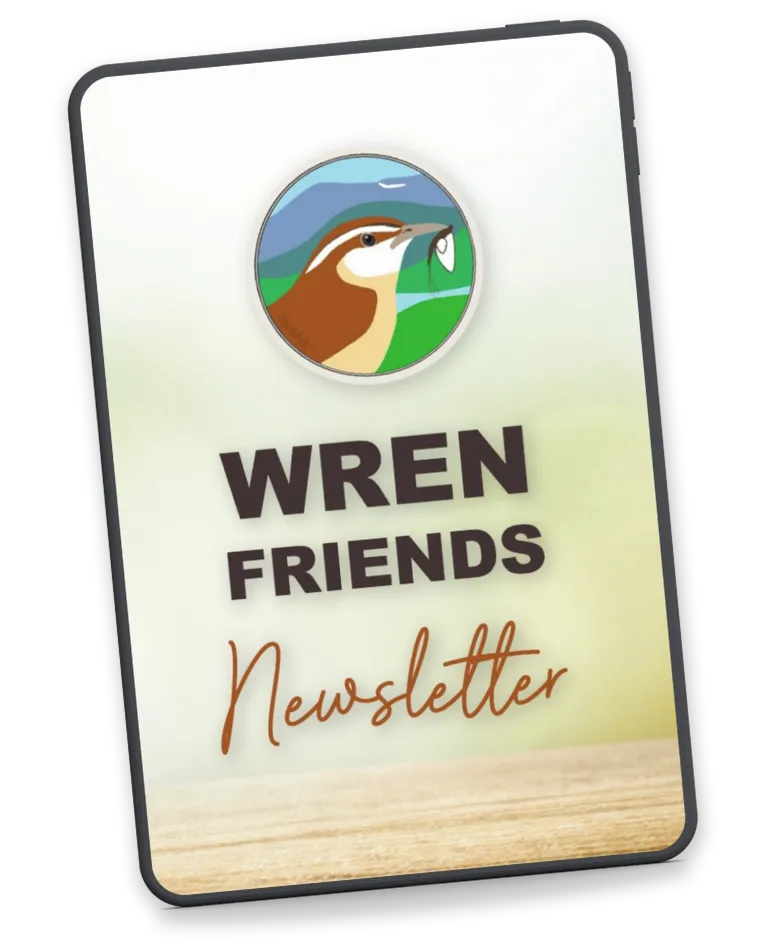
How Streams Tell a Story..
Healthy streams support healthy ecosystems and diverse habitats!
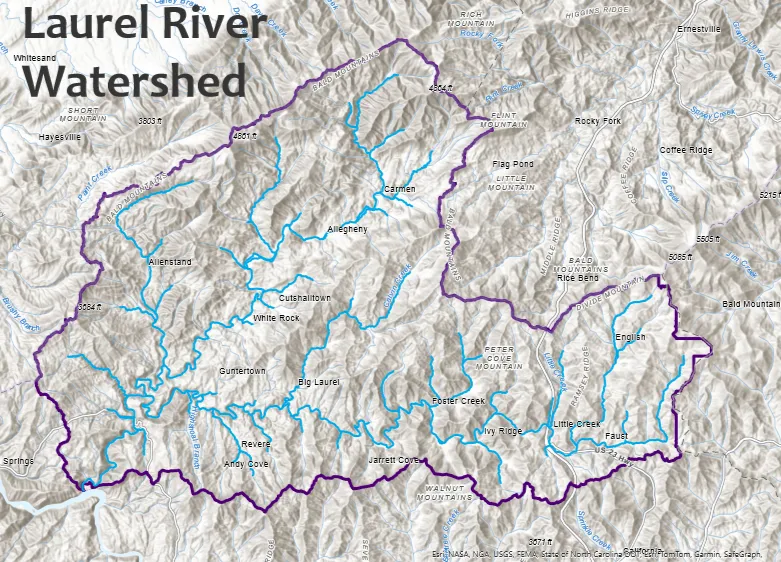
Healthy Waters: The Remarkable Laurel Watershed
Every stream tells a story, and when that story is one of resilience, the entire ecosystem benefits. Shelton Laurel, Big Laurel, Little Laurel, and their many tributaries span 222 miles through the 132-square-mile Laurel Watershed. More than just scenic, these streams are among North Carolina’s cleanest, earning the state’s highest water quality rating, Outstanding Resource Waters (ORW).
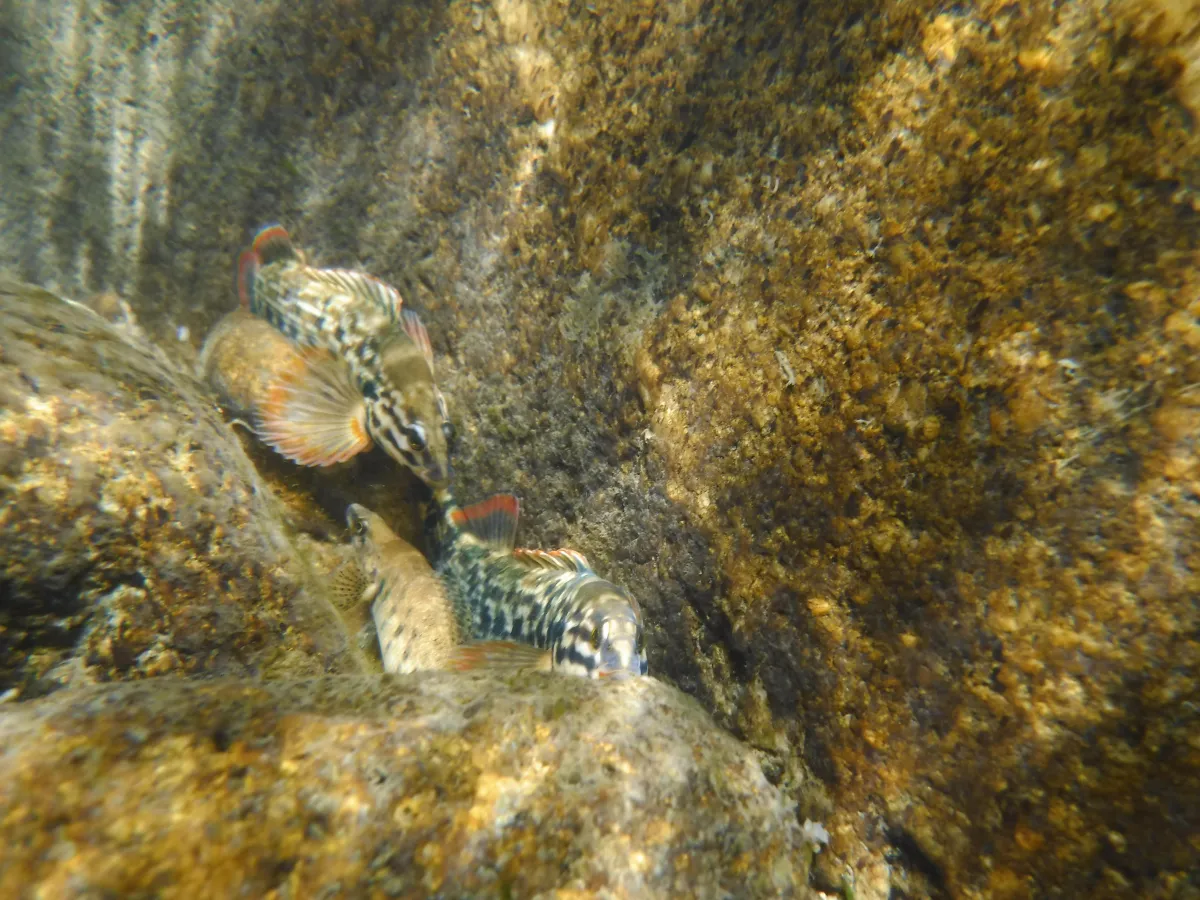
Thriving Ecosystem: The Hidden Aquatic World of Laurel Streams
The real magic lies in and around the streams themselves. Shaded waters support a diverse ecosystem, home to pollution-sensitive aquatic insects like mayflies, stoneflies, and caddisflies that play a key role in stream health. Alongside hundreds of other invertebrate species, over 30 types of native fish, and the rare, ancient Hellbender salamander, they all depend on clean, stable stream environments. This vibrant aquatic life also sustains iconic riverine wildlife such as ospreys, mergansers, bald eagles, river otters, and beavers.
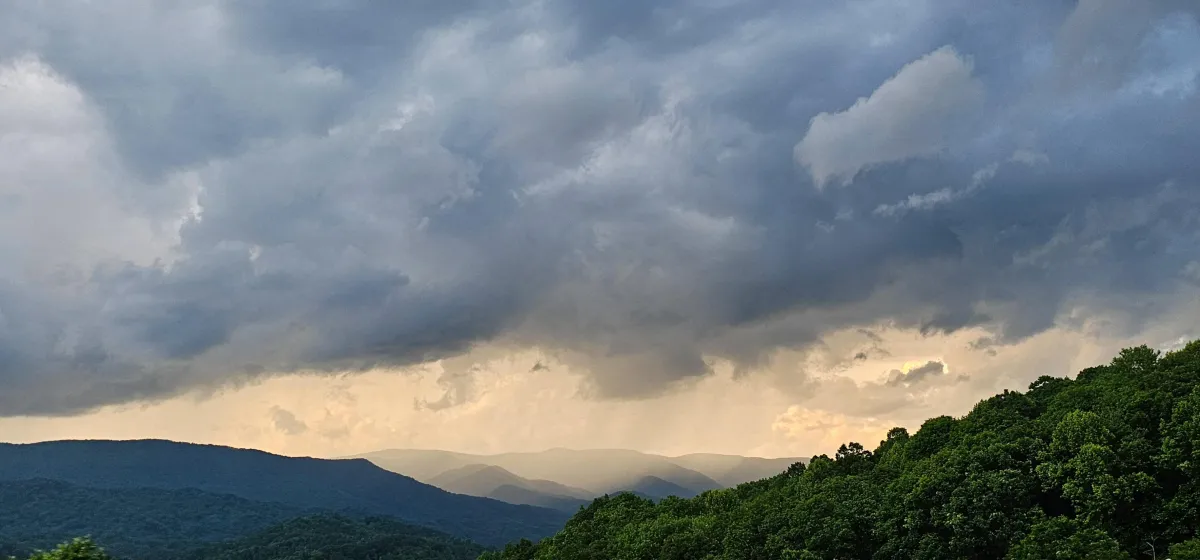
Dense Forests: How Native Trees Protect Laurel's Water Quality
Over 90% of the Laurel Watershed is covered in native forest, with more than 30% protected within National Forests and much of the rest naturally regrowing. These forests help maintain stream ecosystems by filtering runoff, supplying organic matter, and providing shade that cools the water. Leaf litter and woody debris enrich the food web and support stream stability.
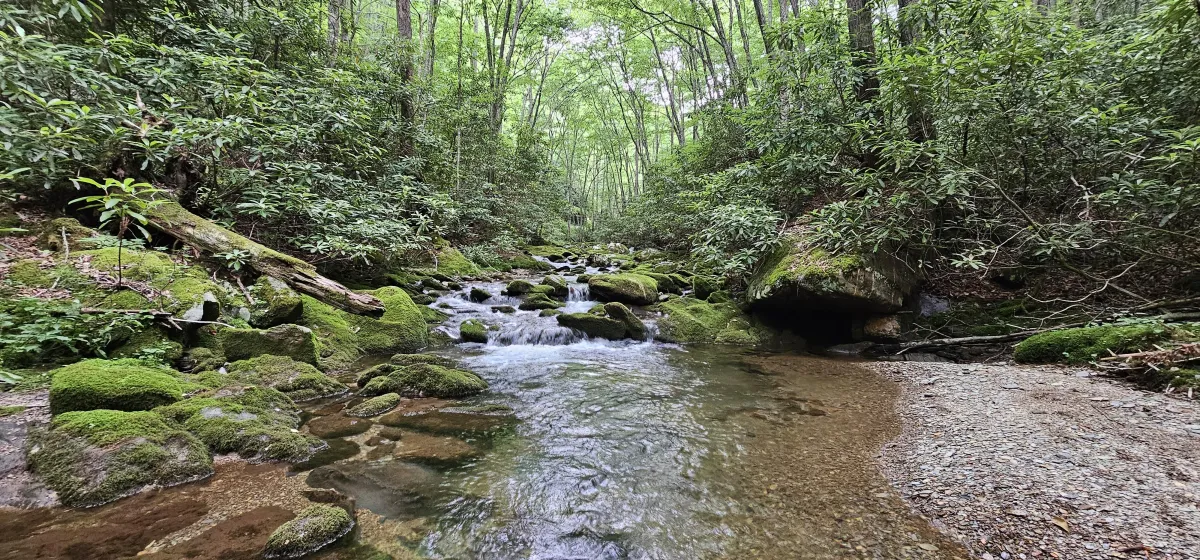
Riparian Defenders: The Vital Role of Streambank Vegetation
Equally vital is the native vegetation along the stream banks, trees, shrubs, and plants that anchor soil, reduce erosion, and trap sediment. Riparian species like sycamore, silky willow, elderberry, and bee balm filter pollutants, offer habitat, and help sustain the dynamic balance of stream life.
Impact
Transforming Research into Results

Species Monitoring
Documenting thousands of species in our watershed, some previously unknown to science

Water Protection
Safeguarding the healthy waters that sustain our community's future

Scientific Research
Conducting environmental studies that inform global conservation efforts

Community Education
Inspiring future generations through hands-on nature experiences

Ecosystem Monitoring
Tracking environmental changes to protect our natural heritage

Local Conservation
Preserving our watershed's unique ecological treasures
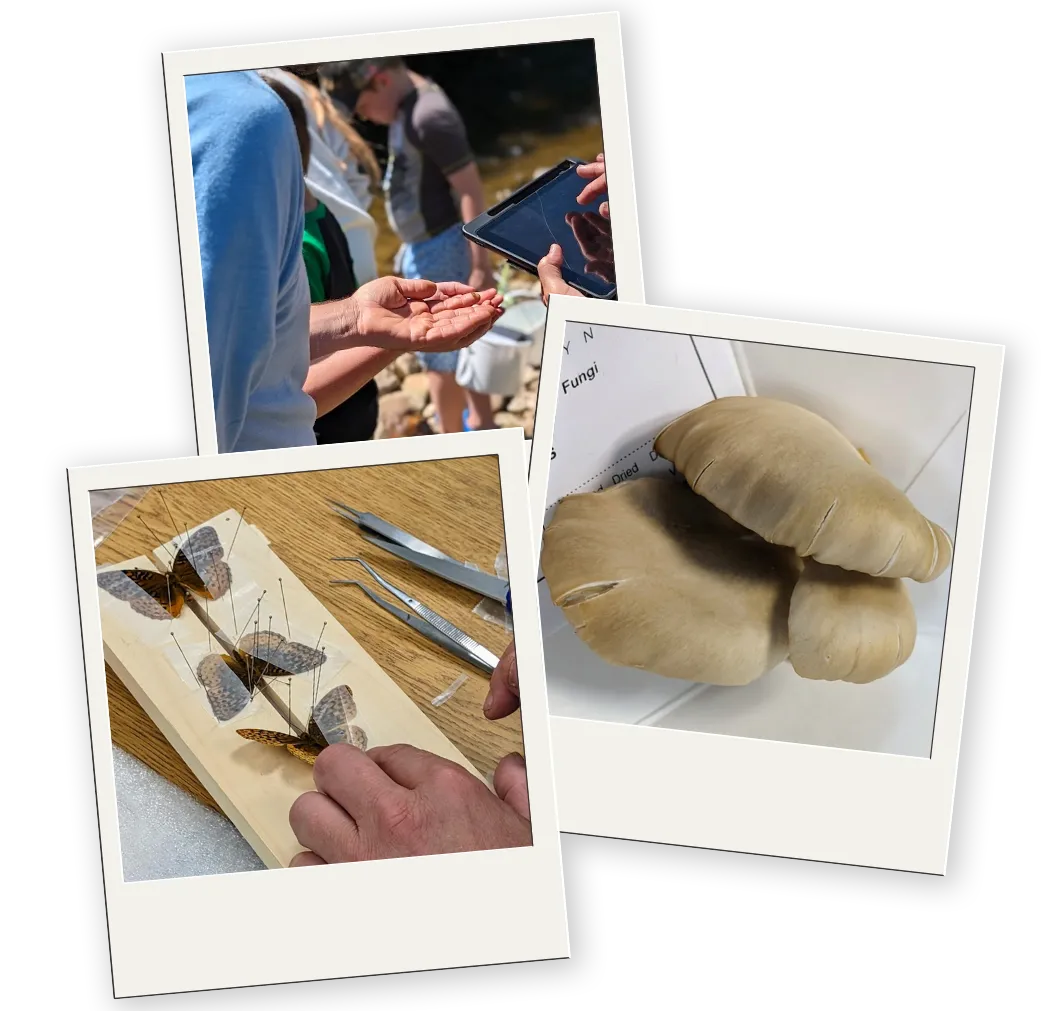
Discover
Explore and Share Findings
Our team of diverse scientists and nature enthusiast host Community BioBlitz Events to collect and preserve data. Citizen Scientists of all ages come to learn how to use iNaturalist to store their findings and help research continue in the future.
Document species with iNaturalist
Engage in Bio-Blitz Events
Promote Citizen Science
Educate
Inspire Environmental Advocacy
We're creating the next generation of nature advocates through immersive learning experiences. From night hikes discovering bioluminescent fungi to hands-on stream monitoring, our programs spark curiosity and deep connection with nature. By combining scientific rigor with wonder and excitement, we're building a community of informed and passionate environmental stewards.
Hands-on field research opportunities
Expert-led nature walks
Youth science programs
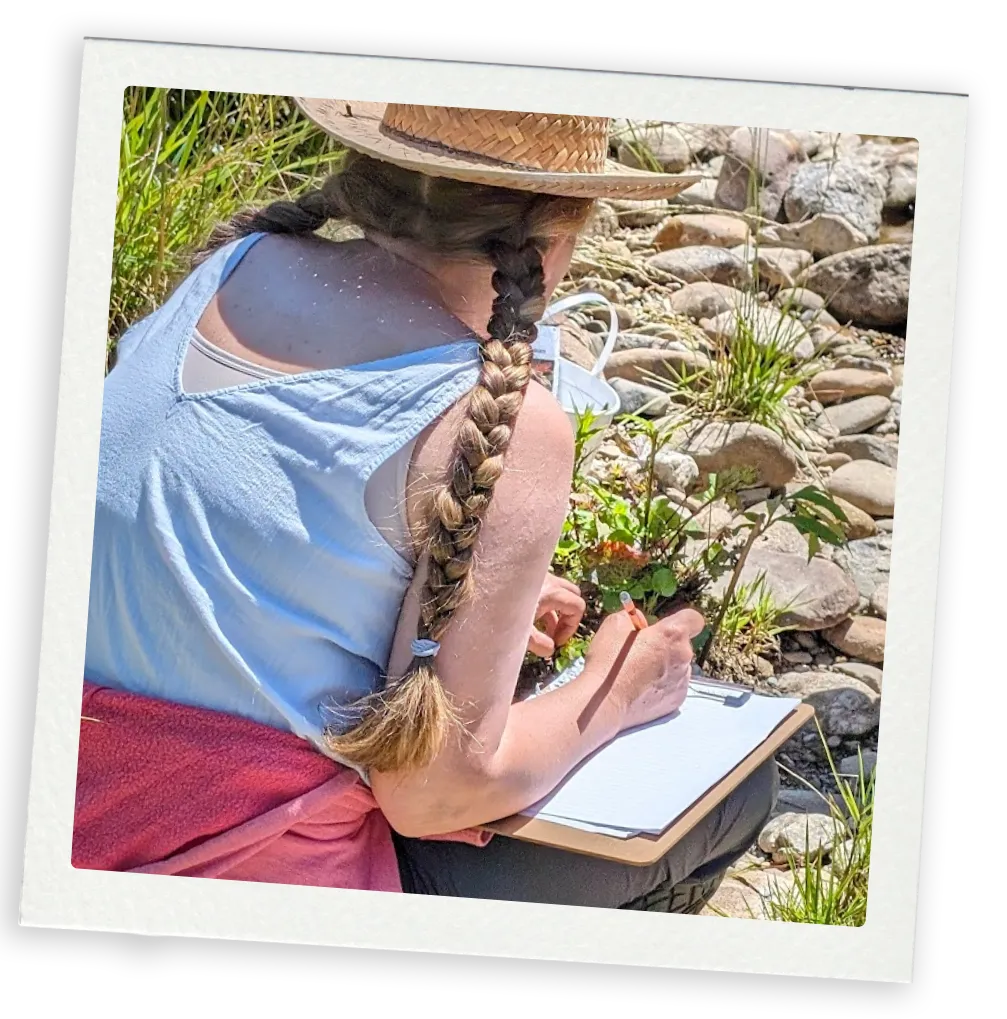
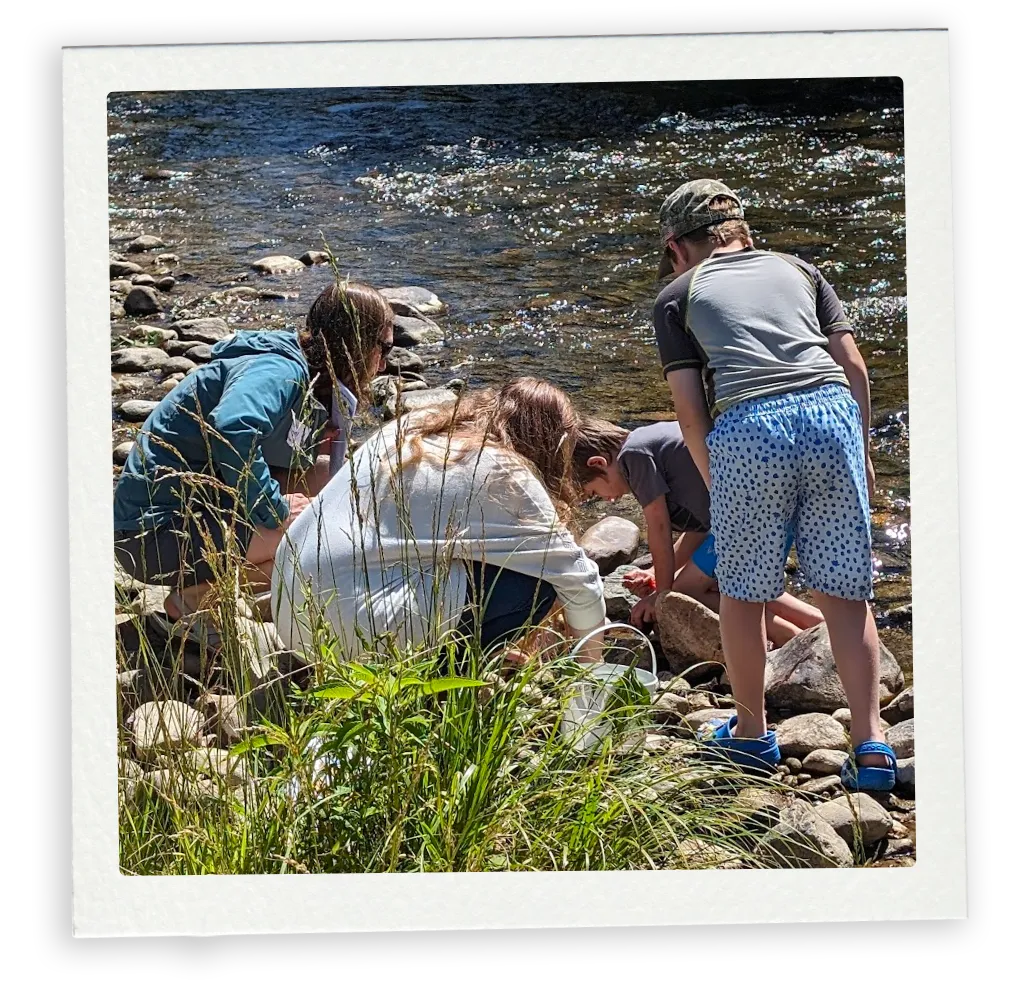
Protect
Conserve Our Natural Heritage
Every discovery strengthens our ability to preserve these precious ecosystems for future generations. Through careful documentation and monitoring, we're creating a blueprint for conservation that others can follow. Our work not only protects the Laurel River watershed but provides vital data for understanding and preserving similar ecosystems worldwide.
Long-term monitoring programs (ATBI)
Conservation planning
Community-driven solutions
For forests and water are as inseparable as the heart and its blood.
Wilma Dykeman from The French Broad
Join the Journey
Experience the Discovery
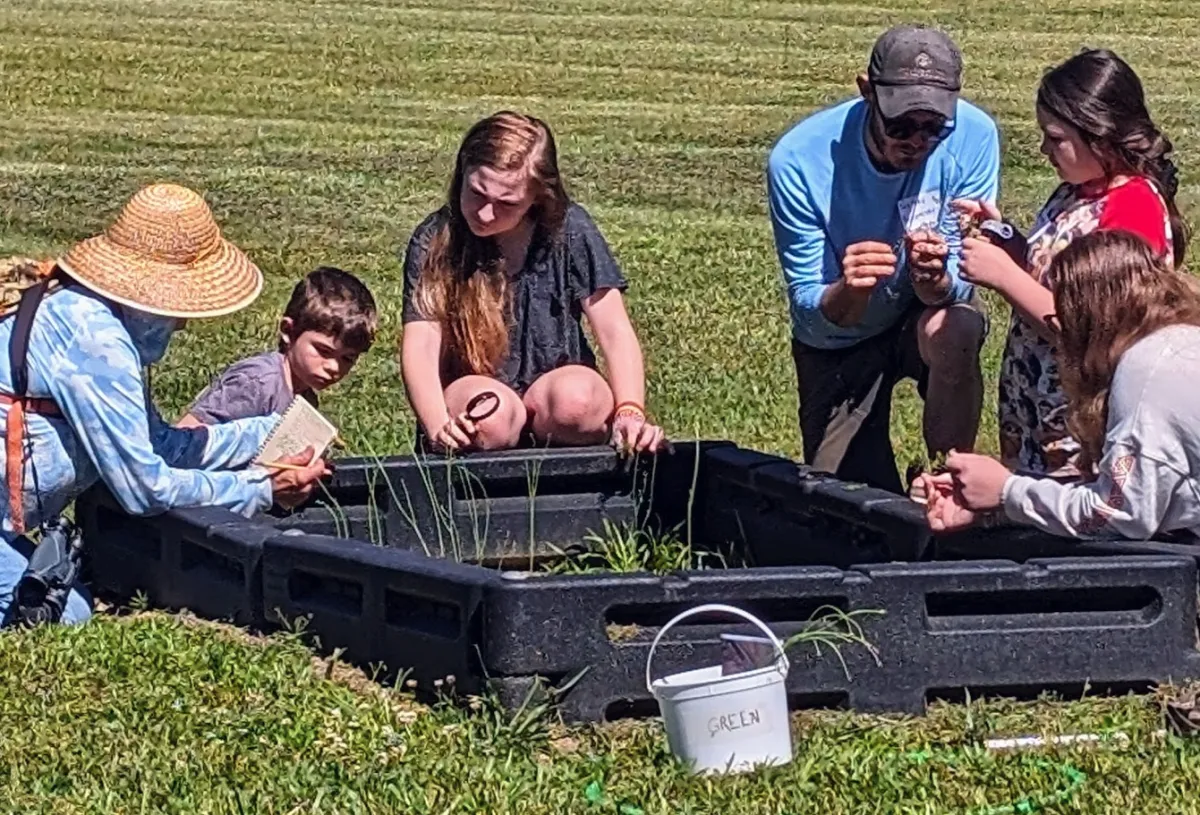
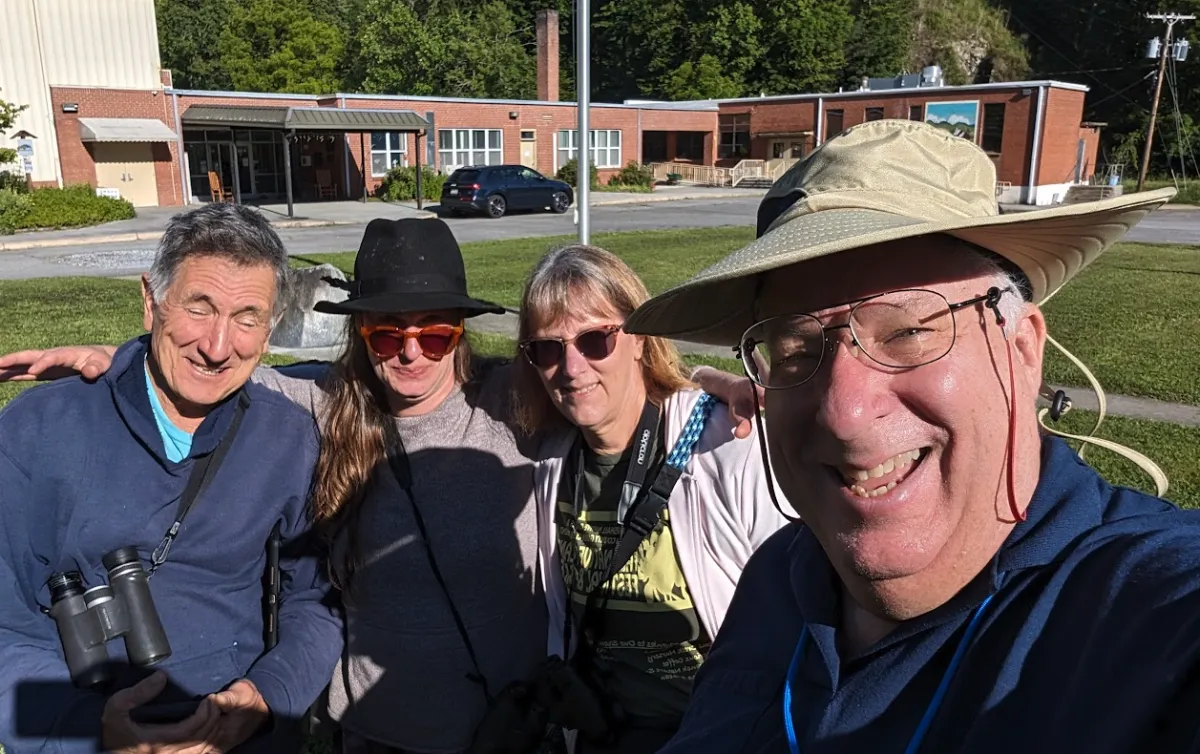
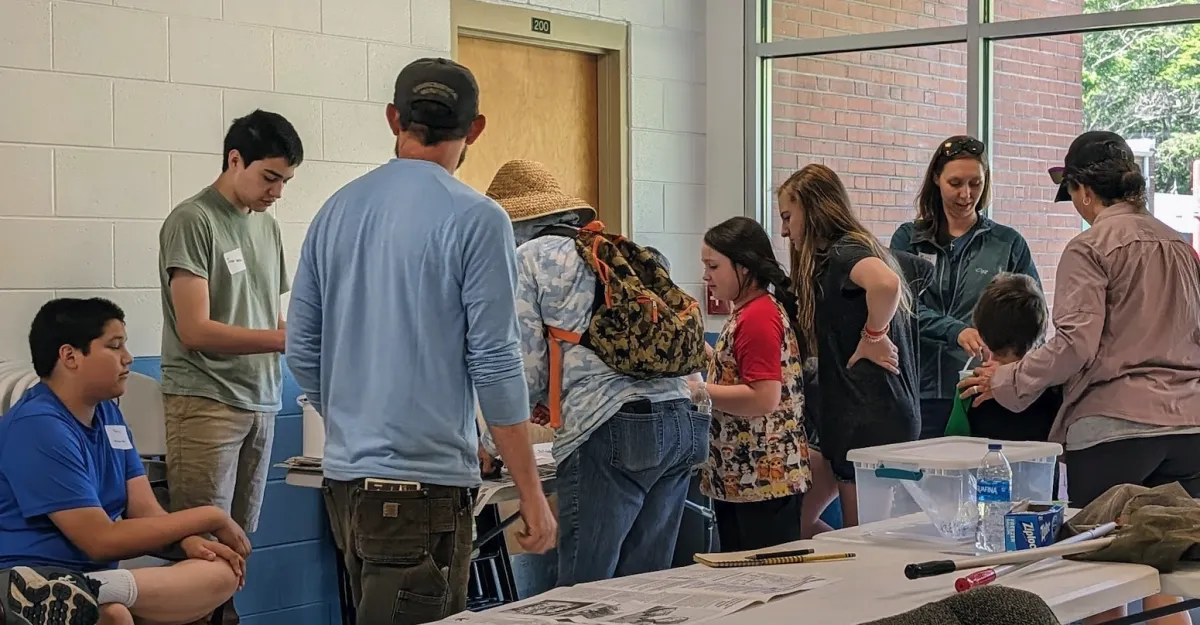
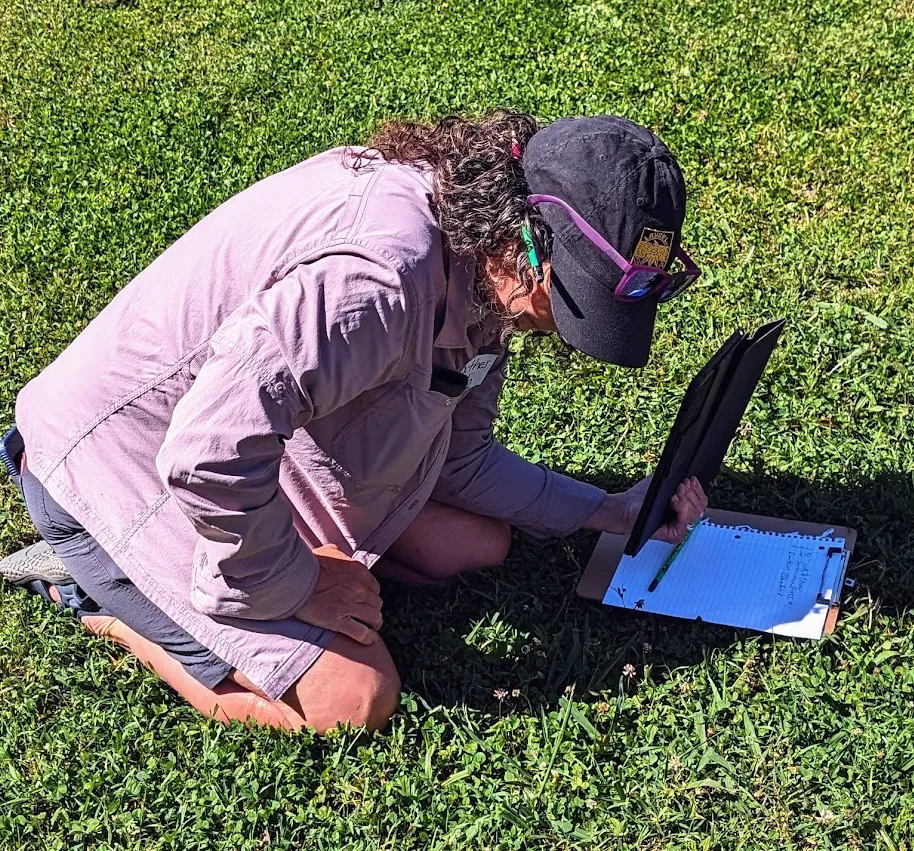
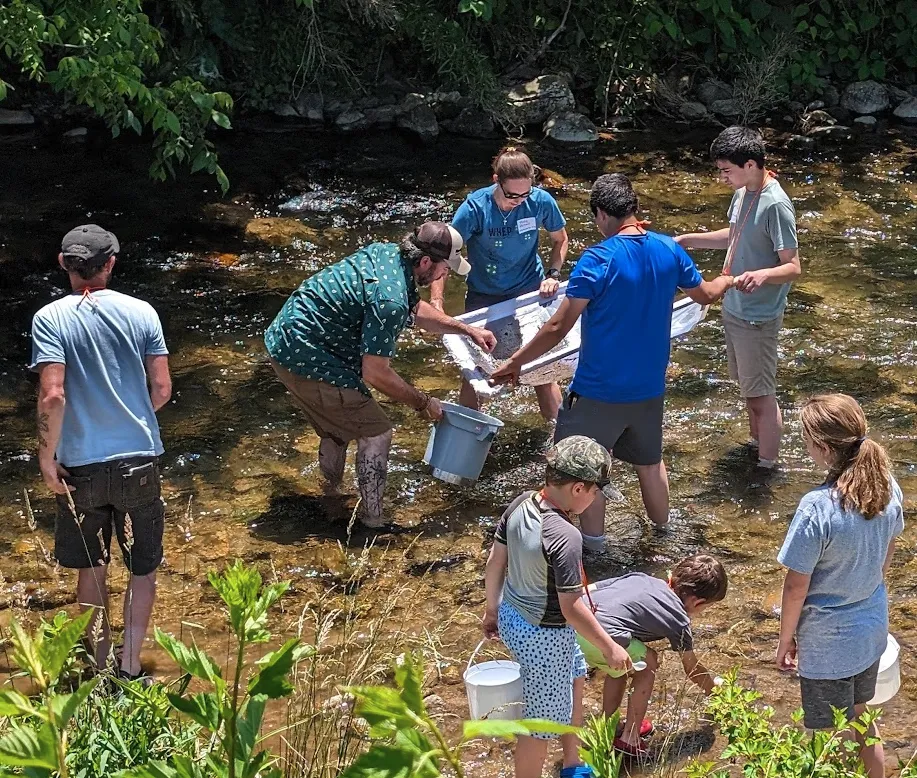
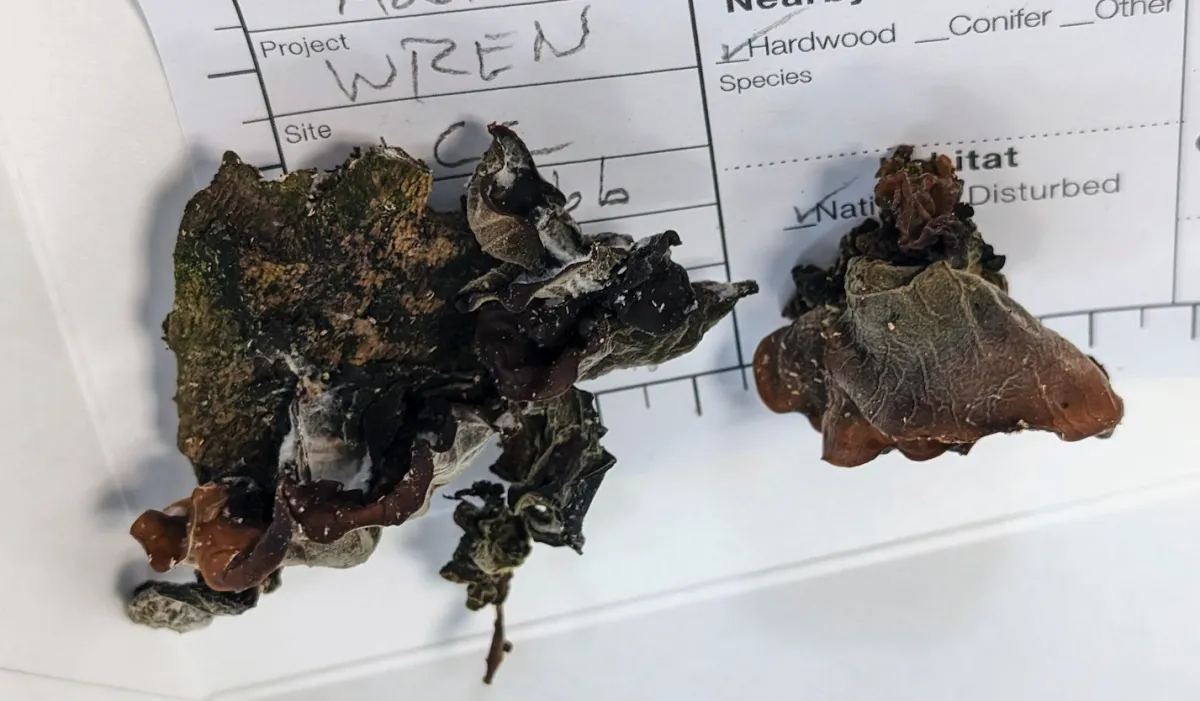
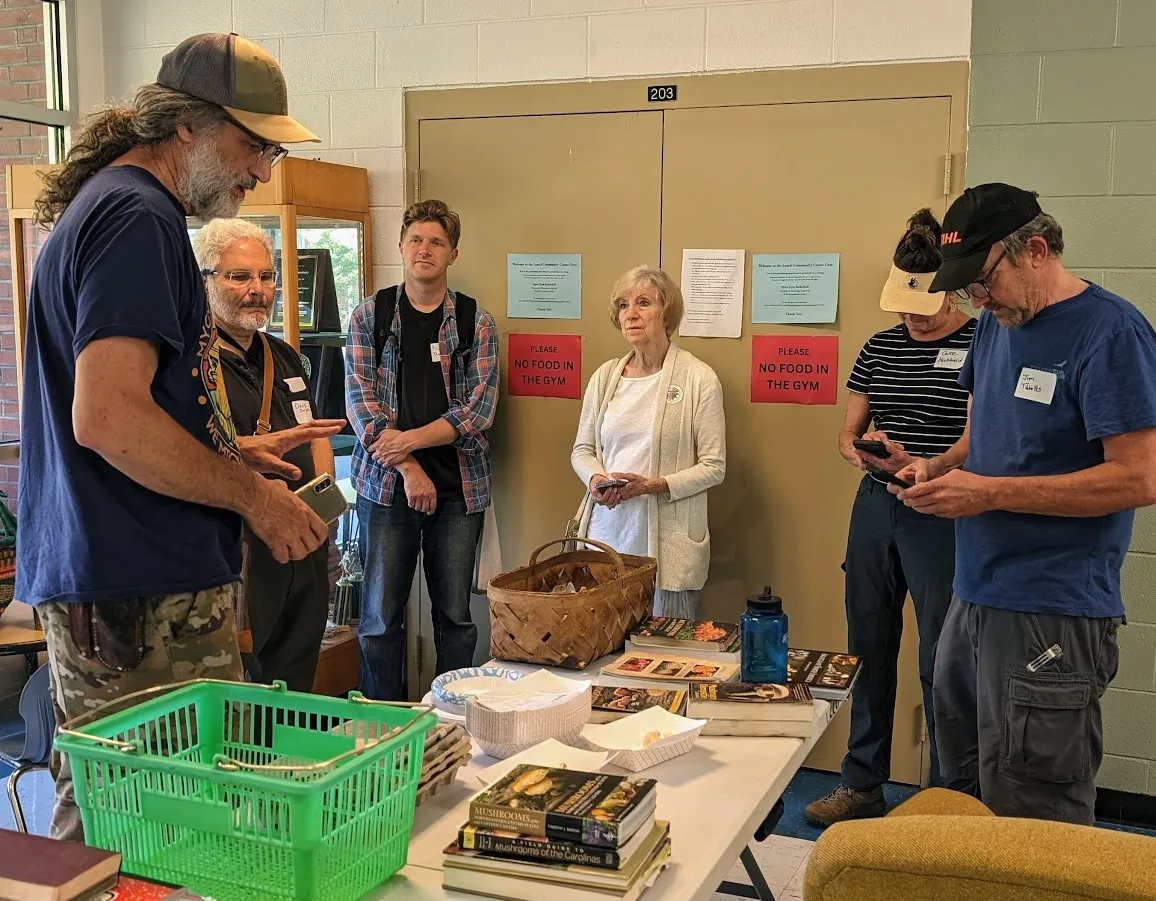
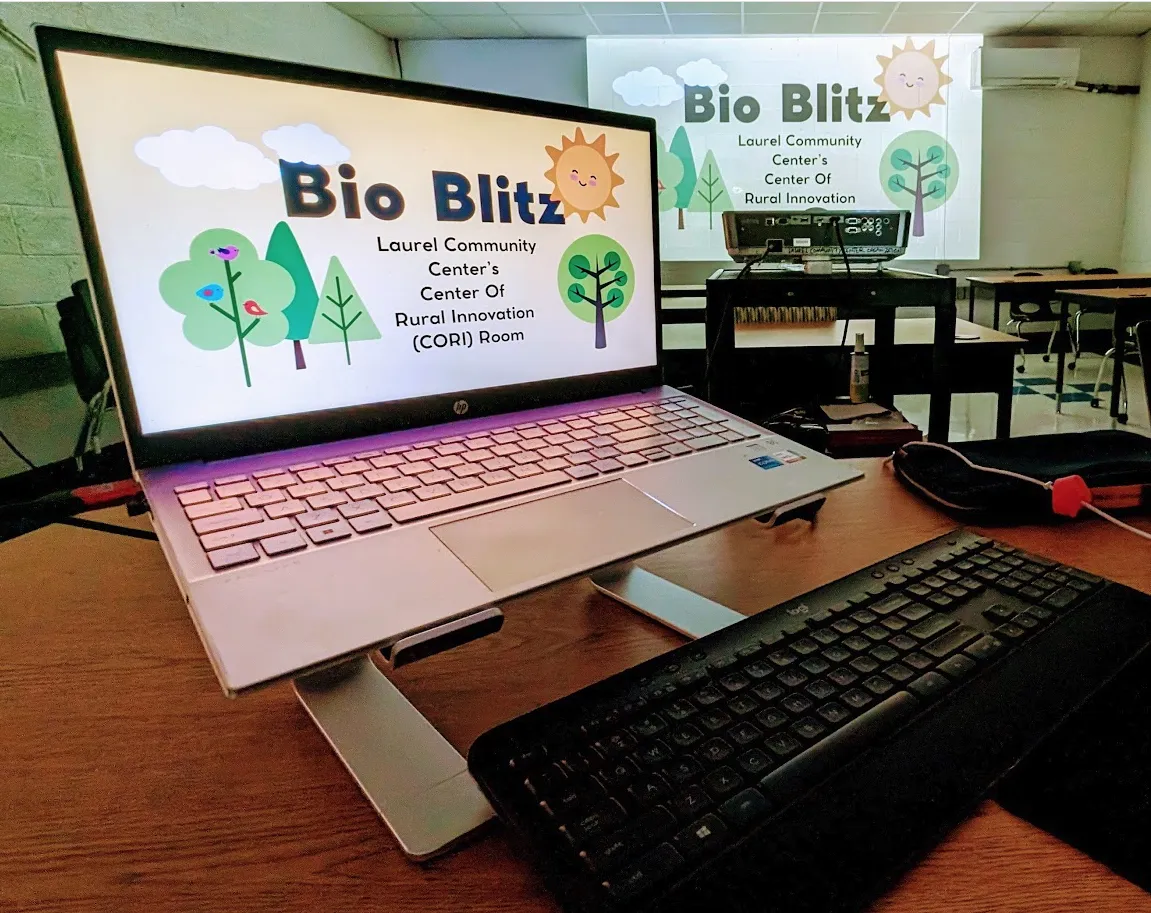
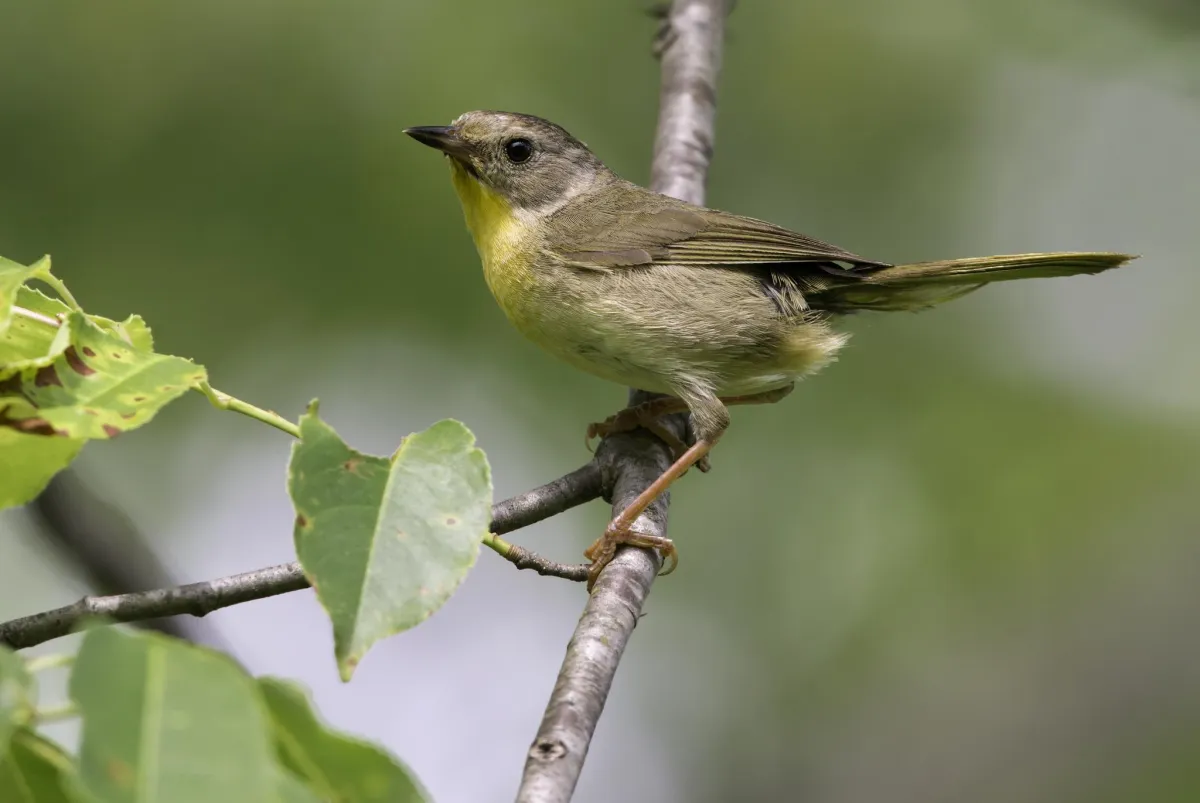
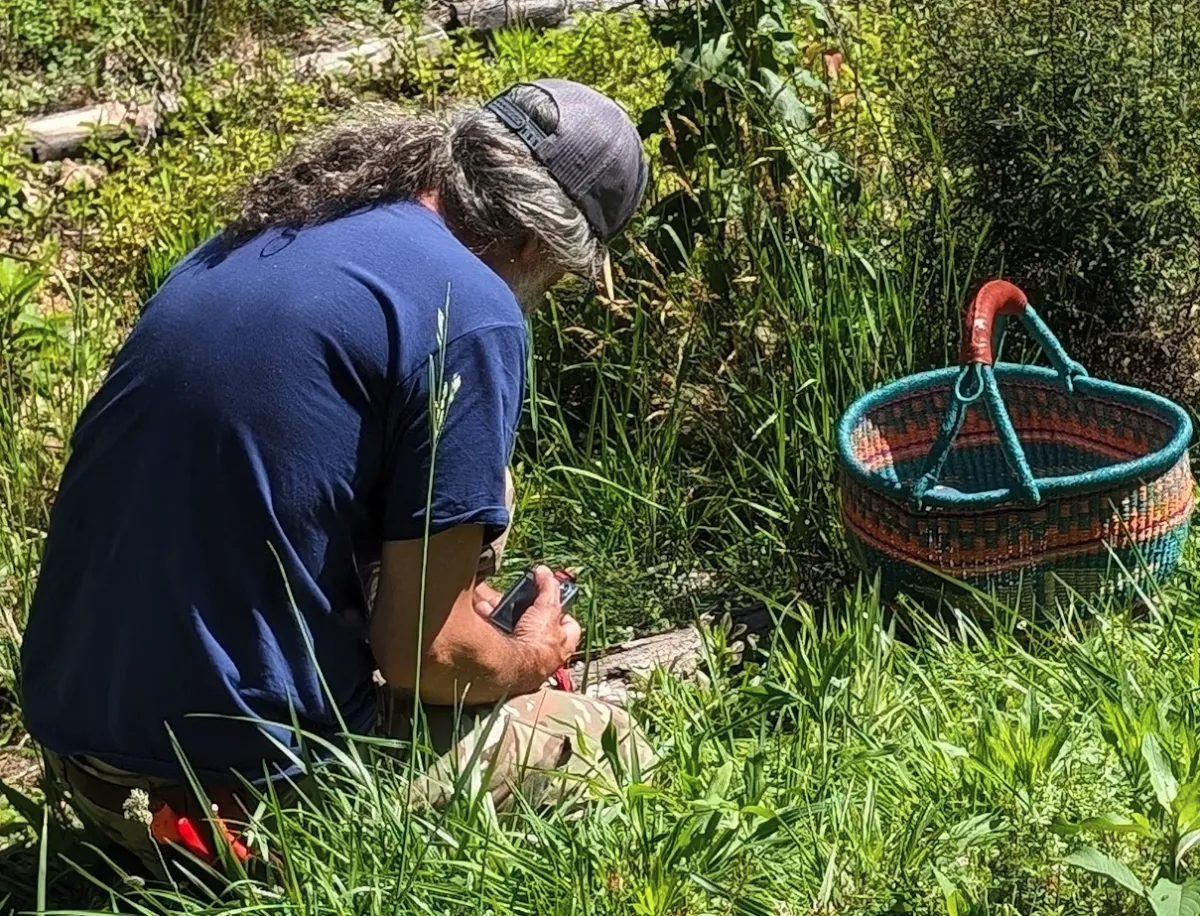
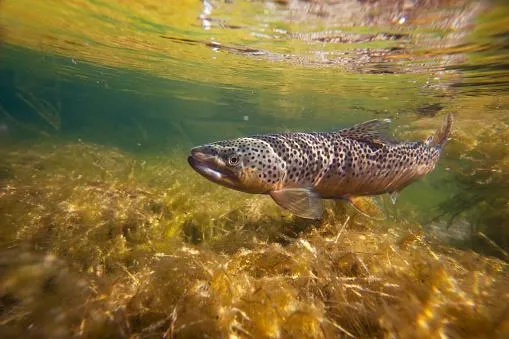
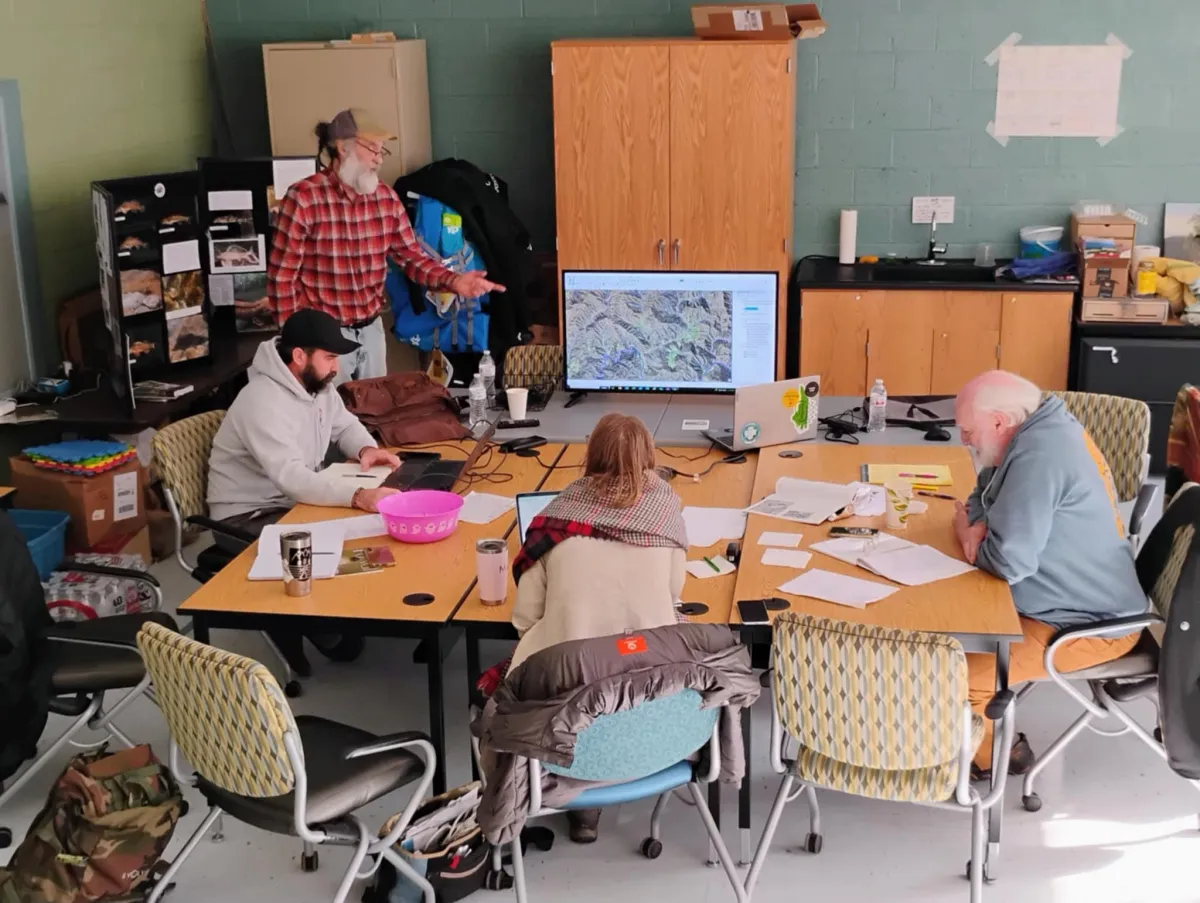
Donations
Three Ways to Make a Difference
Nature Explorer
$19 - one time
Supports field research equipment
Helps maintain research sites
Enables water quality testing
Provides educational materials
Supports species documentation
Helps fund community programs
Conservation Champion
$20/month
Sustains ongoing research projects
Maintains regular monitoring programs
Supports educational workshops
Helps with digital documentation
Research Patron
$250 - one time
Contributes to a TWIG
Aids comprehensive species survey
Provides expert species verification
Supports scientific publication
Enables data analysis
Creates educational resources
Nature Explorer
$19 - one time
Supports field research equipment
Helps maintain research sites
Enables water quality testing
Provides educational materials
Supports species documentation
Helps fund community programs
Conservation Champion
$20/month
Sustains ongoing research projects
Enables regular monitoring programs
Supports educational workshops
Maintains research equipment
Funds specimen collection
Enables digital documentation
Research Patron
$250 - one time
Supports one complete TWIG expert visit
Enables comprehensive species survey
Supports expert species verification
Supports scientific publication
Enables data analysis
Creates educational resources




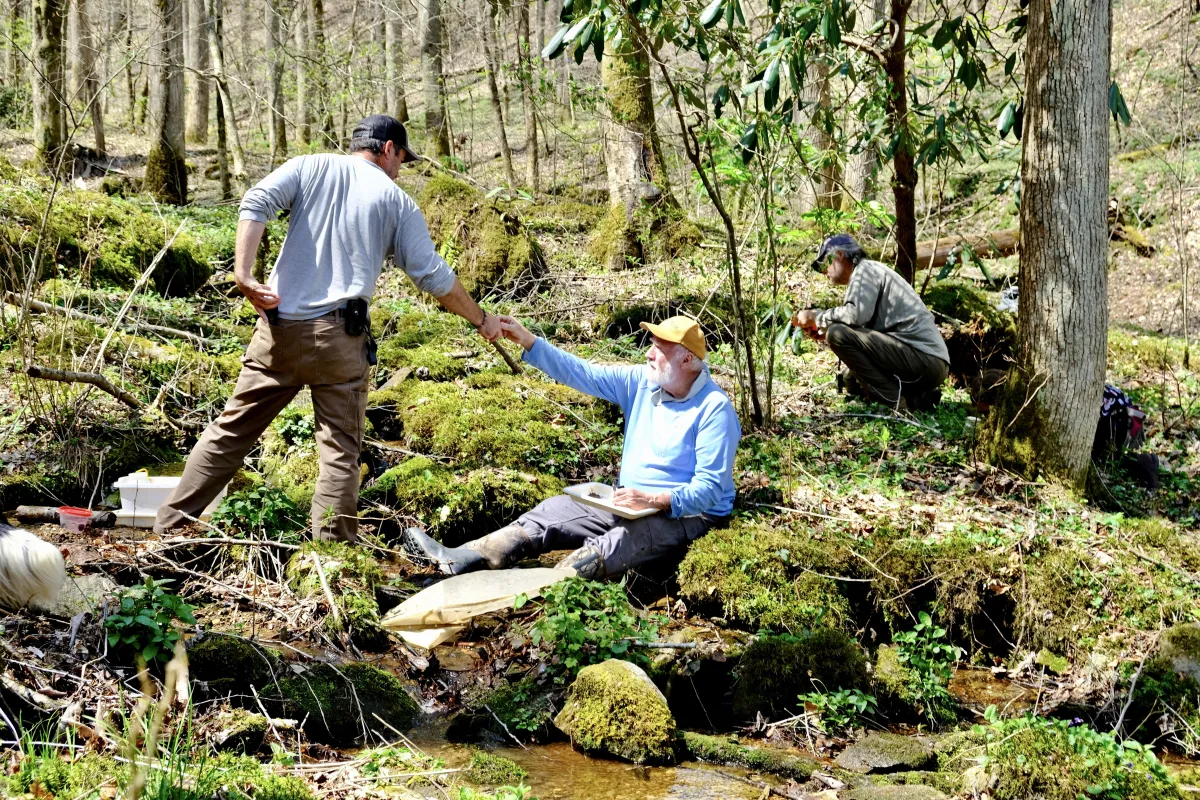








Whiterock
Research Education
& Nature Center
WREN Center acknowledges the traditional custodians of the land and waters on which the society members gather and acknowledge and pay respect to their Elders; past, present and emerging. We honor the past, respect the present and look towards a prosperous and reconciled future
© WREN Center 2026 All Rights Reserved.
